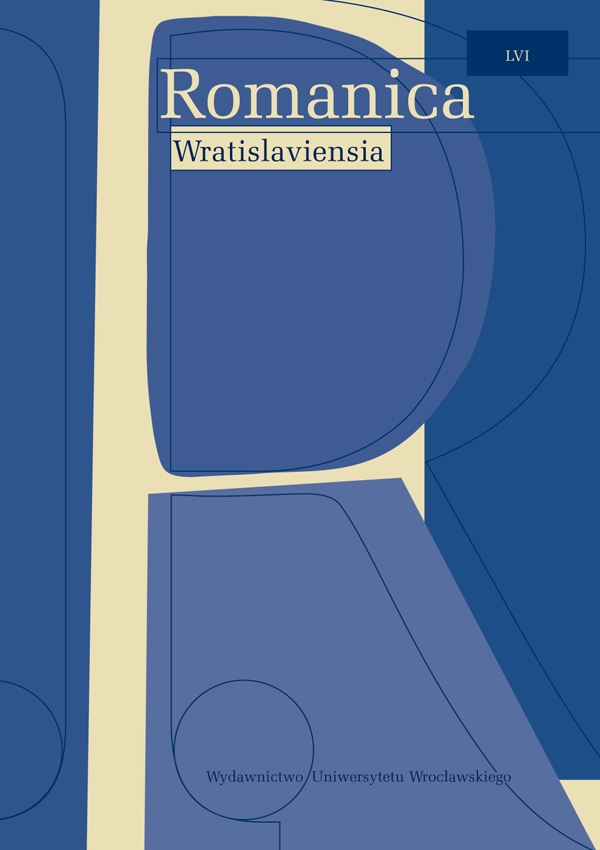

Artykuły

Towards a discursive definition of reported speech
This paper proposes and deals with an empirical “discursive” definition of reported speech DR assuming that DR is an actual piece of text which tells, describes or just quotes someone else’s words. DR relies on a designatum which is a speech act we call enounced event EE1. It is real or fictive and differs from the speech act EE2 which belongs to a sequence of reported speech reporting only a certain image of EE1. This image can be described as a “text” or “think” image and is never complete, being only a selection of contents from EE1. We could then say that enounced events are subject to a certain specific kind of telling, a tale of speech, which can be distinguished from the telling of other events, because apart from the segments presenting someone else’s speech, it also puts forward a personal comment by the quoter. This comment is like didascalia in a play: it allows to identify the quoted person and other circumstances of the enounced act. DR has then a binary structure as it contains two elements: Didascalia Did and Quotation Cit. We write these abbreviations with capital letters because we consider these terms in a generic meaning. Didascalia can refer to many different grammatical and “text” forms, and Quotations to many different ways of giving account of other people’s words “textual” or “transformed” quotations, but also “mixed” ones. DR can be figured then as an equation: DRC = Did + Cit and the text segments it combines give a large number of speech use variants.